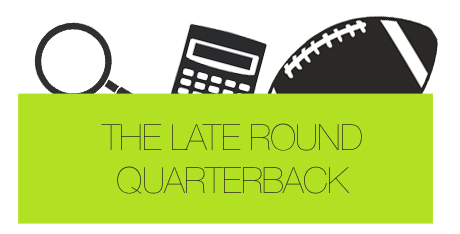Oxycodone and Alcohol: Is There a Safe Way to Mix Them? Delphi
Your care team will tell you how much medication to take. If your care team wants you to stop the medication, the dose will be slowly lowered over time to avoid any side effects. It is prescribed when other pain medications do not work well enough or cannot be tolerated. Your doctor may recommend you get naloxone (a medicine to reverse an opioid overdose) and keep it with you at all times. A person caring for you can give the naloxone if you stop breathing or don’t wake up. Your caregiver must still get emergency medical help and may need to perform CPR (cardiopulmonary resuscitation) on you while waiting for help to arrive.
What is the treatment for oxycodone addiction? For alcohol addiction?
Your doctor may also prescribe you naloxone if you are living in a household where there are small children or someone who has abused street or prescription drugs. Your doctor or pharmacist will show you and your family members how to use the medication. Ask your pharmacist for the instructions or visit the manufacturer’s website to get the instructions.
Tell your doctor if you are pregnant or if you plan to become pregnant. During pregnancy, this medication should be used only when clearly needed. It may slightly increase the risk of birth defects if used during the first two months of pregnancy.
Risk of Addiction
Outpatient treatment programs vary—some require daily attendance, whereas others meet a couple of times per week. Inpatient treatment is provided in special units of hospitals or medical clinics. It offers both medical detoxification (to help the individual through physical withdrawal symptoms) and rehabilitation services. The individual in inpatient treatment generally lives in the center anywhere from a month to a year. Medical intervention—such as naloxone treatment—is required in case of overdose to avoid death. Combining oxycodone with alcohol can have unwanted, unpredictable, and dangerous consequences.
How Alcohol Affects Your Nervous System
It is the most commonly abused drug in the United States, causing alcohol use disorder in 6% of the population. The article describes the risks of taking Percocet with alcohol, including the signs and symptoms of a medical emergency. Mixing alcohol and Percocet (oxycodone plus acetaminophen) can be dangerous.
Fatal side effects can occur if you use opioid medicine with alcohol, or with other drugs that cause drowsiness or slow your breathing. This medicine should only be used for an extended period of time Buddhist Teachings to Overcome Addiction with Vimalasara if the pain remains severe enough to require an opioid analgesic and other treatment options continue to be inadequate. If you are taking the oxycodone extended-release tablets, swallow them whole; do not chew, break, divide, crush, or dissolve them. Do not presoak, lick or otherwise wet the tablet prior to placing in the mouth. Swallow each tablet right after you put it in your mouth. If you swallow broken, chewed, crushed, or dissolved extended-release tablets, you may receive too much oxycodone at once instead of slowly over 12 hours.
- Do not use it later for another condition unless told to do so by your doctor.
- Using this medicine while you are pregnant may cause neonatal withdrawal syndrome in your newborn baby.
- Along with its needed effects, a medicine may cause some unwanted effects.
- This medicine may be used for other purposes; ask your health care provider or pharmacist if you have questions.
Oxycodone drug interactions
Alcohol interferes with communication between nerve cells in the body, which can lead to permanent damage to the nervous system and even cause a permanent imbalance in the body. Alcohol is also a CNS depressant substance; however, alcohol can be legally purchased by individuals who are of legal age (21 years and up) in the United States. According to the Substance Abuse and Mental Health Services Administration (SAMHSA), alcohol is one of the most commonly abused substances in the United States. Millions of people would very likely qualify for a formal diagnosis of an alcohol use disorder, the clinical term for a person who abuses or is addicted to alcohol. Another medication, called naltrexone, blocks opioid receptors completely. This makes it a good drug to help prevent relapse, although it should only be started after someone has completely withdrawn from opioids.
Although certain medicines should not be used together at all, in other cases two different medicines may be used together even if an interaction might occur. In these cases, your doctor may want to change the dose, or other precautions may be necessary. When you are taking this medicine, it is especially important that your healthcare professional know if you are taking any of the medicines listed below.
